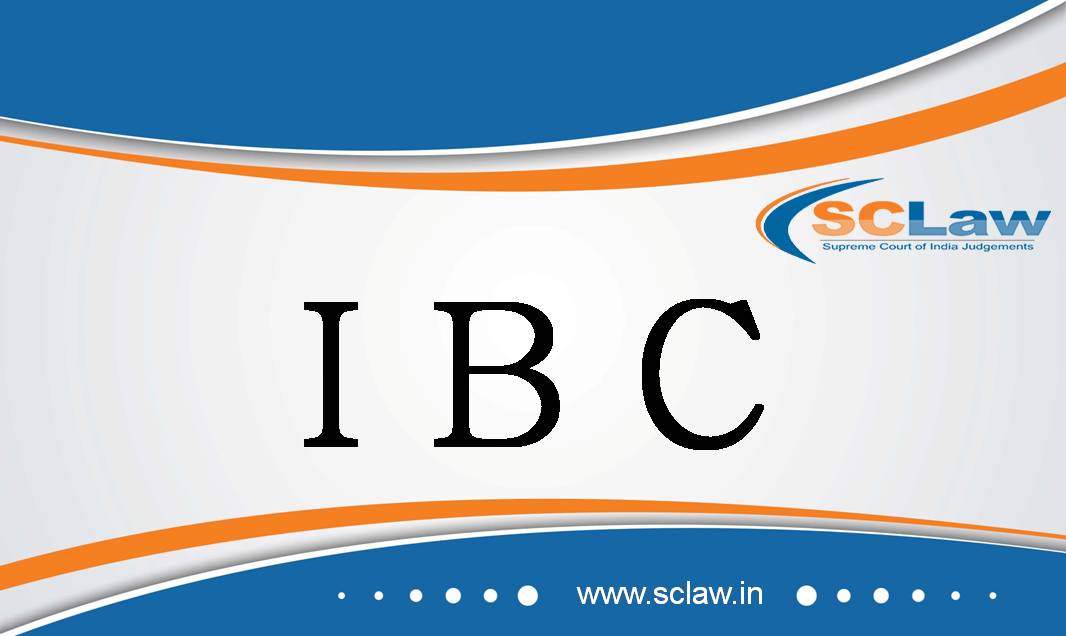Artificial Intelligence (AI) — Use in Legal Proceedings — Reliance on AI-generated judgments by a court is a serious matter concerning the integrity of the judicial process — Such judgments, if non-existent or fake, amount to misconduct rather than a simple error of judgment — Supreme Court orders examination of consequences and accountability for such practices — Notice issued to the Attorney General, Solicitor General, and Bar Council of India to address this institutional concern.
SUPREME COURT OF INDIA DIVISION BENCH GUMMADI USHA RANI AND ANOTHER Vs. SURE MALLIKARJUNA RAO AND ANOTHER ( Before : Pamidighantam Sri Narasimha and Alok Aradhe, JJ. ) Petition(s) for…
Power Purchase Agreement (PPA) / Power Supply Agreement (PSA) — Interpretation of Contract — Surrounding Circumstances — Evidence Act, 1872, Sections 92, 94, 95 — Contractual terms can be clarified by attending circumstances and conduct of parties, even if contract is reduced to writing, to give meaning to terms that may otherwise be meaningless or unworkable.
2026 INSC 202 SUPREME COURT OF INDIA FULL BENCH WEST BENGAL STATE ELECTRICITY DISTRIBUTION CO. LTD. Vs. ADHUNIK POWER AND NATURAL RESOURCE LTD. AND OTHERS ( Before : Surya Kant,…
Arbitration and Conciliation Act, 1996 — Section 31(7)(a) — Interest awarded by Arbitral Tribunal — Contractual bar — Where a contract expressly prohibits the award of pre-award and pendente lite interest, an Arbitral Tribunal cannot award such interest, even if termed as compensation, as the arbitrator is bound by the terms of the contract.
2026 INSC 203 SUPREME COURT OF INDIA DIVISION BENCH UNION OF INDIA AND OTHERS Vs. LARSEN AND TUBRO LIMITED (L&T) ( Before : Sanjay Karol and Vipul M. Pancholi, JJ.…
Contract Act, 1872 — Section 133 — Discharge of surety by variance in terms of contract — A variance made without the surety’s consent in the terms of the contract between the principal debtor and the creditor discharges the surety only with respect to transactions occurring subsequent to the variance. The surety remains liable for the original amount guaranteed.
2026 INSC 205 SUPREME COURT OF INDIA DIVISION BENCH BHAGYALAXMI CO-OPERATIVE BANK LTD. Vs. BABALDAS AMTHARAM PATEL (D) THROUGH LEGAL REPRESENTATIVES AND OTHERS ( Before : B.V. Nagarathna and Ujjal…
Insolvency and Bankruptcy Code, 2016 — Committee of Creditors (CoC) — Commercial Wisdom — Legislative intent to vest decisive authority in CoC, which comprises financial creditors who bear economic consequences of failure — Decisions on viability, valuation, and haircuts are commercial, not judicial — Courts do not substitute their assessment for that of the CoC — Adjudicatory authority performs a supervisory role, ensuring statutory compliance and procedural fairness, but refrains from second-guessing economic bodies.
2026 INSC 206 SUPREME COURT OF INDIA DIVISION BENCH TORRENT POWER LTD. Vs. ASHISH ARJUNKUMAR RATHI AND OTHERS ( Before : B.V. Nagarathna and R. Mahadevan, JJ. ) Civil Appeal…
Kerala Technical Education Service (Amendment) Rules, 2004 — Rule 6A — Exemption from PhD requirement — Rule 6A(i) and (ii) — Validity — Supreme Court judgment in Christy James Jose v. State of Kerala (2016) held appointments not contrary to AICTE qualifications and Special Rule 6-A(2) in tune with AICTE Notification dated 18-2-2003 — AICTE Regulations on qualifications are binding on State Rules to the extent of repugnancy — Rule 6A had no application after 05-03-2010 when AICTE issued new regulations mandating PhD for promotion to Professor, Associate Professor, and Principal posts.
2026 INSC 207 SUPREME COURT OF INDIA DIVISION BENCH DR. JIJI K.S. AND OTHERS Vs. SHIBU K AND OTHERS ( Before : Dipankar Datta and Aravind Kumar, JJ. ) Civil…
Motor Vehicles Act, 1988 — Compensation — Deduction of amounts received under Haryana Compassionate Assistance to Dependents of Deceased Government Employees Rules, 2006 — Supreme Court clarifies that only benefits directly replacing lost income are deductible from compensation awarded under the Motor Vehicles Act. Other benefits, such as pensions or life insurance, remain unaffected.
2026 INSC 188 SUPREME COURT OF INDIA DIVISION BENCH RELIANCE GENERAL INSURANCE COMPANY LIMITED Vs. KANIKA AND OTHERS ( Before : Sanjay Karol and Augustine George Masih, JJ. ) Civil…
Insolvency and Bankruptcy Code, 2016 — Section 7 — Adjudicating authority must satisfy itself that a financial debt exists and there is a default — Pre-existing dispute is not a bar to admitting an application by a financial creditor under Section 7, unlike in the case of an operational creditor under Section 9.
2026 INSC 186 SUPREME COURT OF INDIA DIVISION BENCH CATALYST TRUSTEESHIP LTD. Vs. ECSTASY REALTY PVT. LTD. ( Before : Sanjay Kumar and K. Vinod Chandran, JJ. ) Civil Appeal…
Companies Act, 1956 — Insolvency and Bankruptcy Code, 2016 (IBC) — Section 238 (IBC) — Overriding effect of IBC — Scheme of arrangement (SOA) under Companies Act vs. Corporate Insolvency Resolution Process (CIRP) under IBC — Delay and non-compliance with statutory timelines in the SOA process renders it defunct — IBC provisions prevail over inconsistent provisions in other laws — Adjudicating Authority under IBC can initiate CIRP even if SOA proceedings are pending, especially if SOA is defunct.
2026 INSC 189 SUPREME COURT OF INDIA DIVISION BENCH OMKARA ASSETS RECONSTRUCTION PRIVATE LIMITED. Vs. AMIT CHATURVEDI AND OTHERS ( Before : Sanjay Kumar and K. Vinod Chandran, JJ. )…
Prohibition of Benami Property Transactions Act, 1988 vs. Insolvency and Bankruptcy Code, 2016 — Jurisdiction — Orders passed under Benami Act cannot be questioned before authorities under IBC — NCLT lacks jurisdiction to entertain challenges to provisional attachment orders under Benami Act — Remedy lies exclusively before competent forum under Benami Act — IBC cannot be converted into a parallel appellate forum to review validity of attachment orders under specialised enactment — Doing so would render appellate machinery of Benami Act otiose.
2026 INSC 187 SUPREME COURT OF INDIA DIVISION BENCH S. RAJENDRAN Vs. THE DEPUTY COMMISSIONER OF INCOME TAX (BENAMI PROHIBITION) AND OTHERS ( Before : Pamidighantam Sri Narasimha and Atul…















